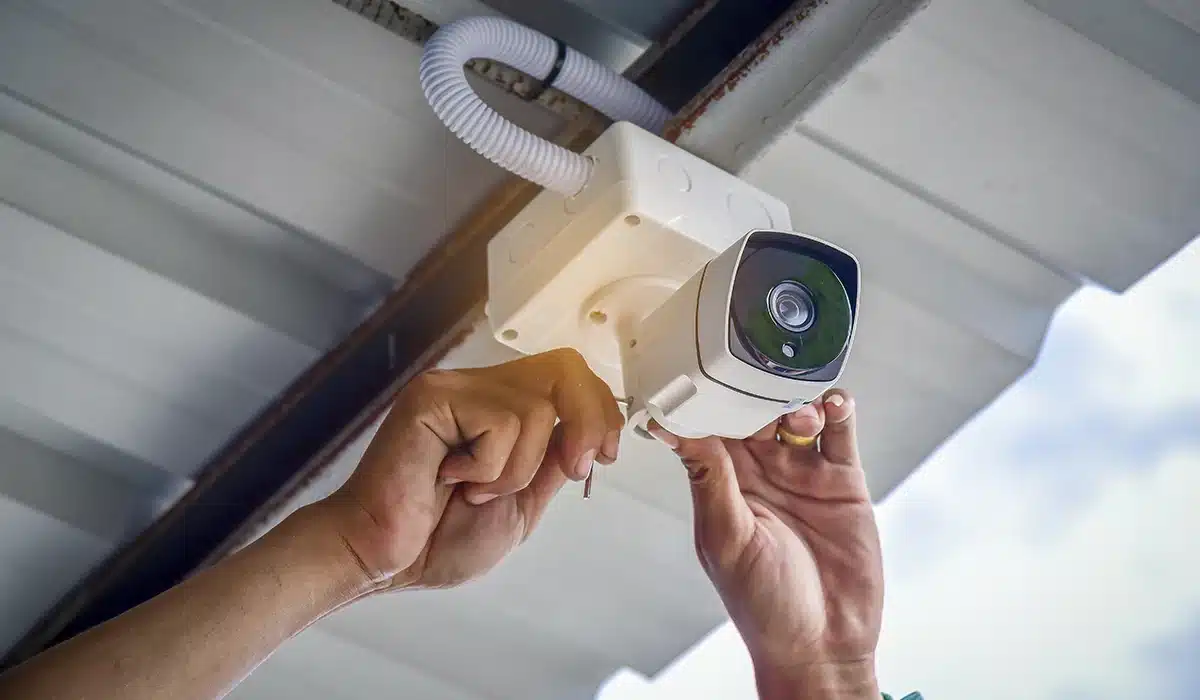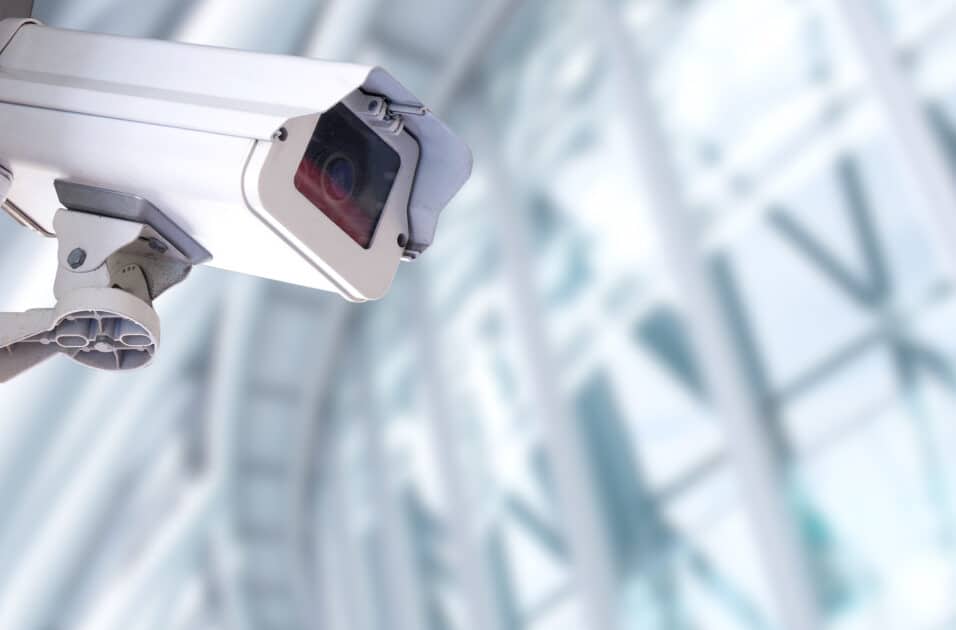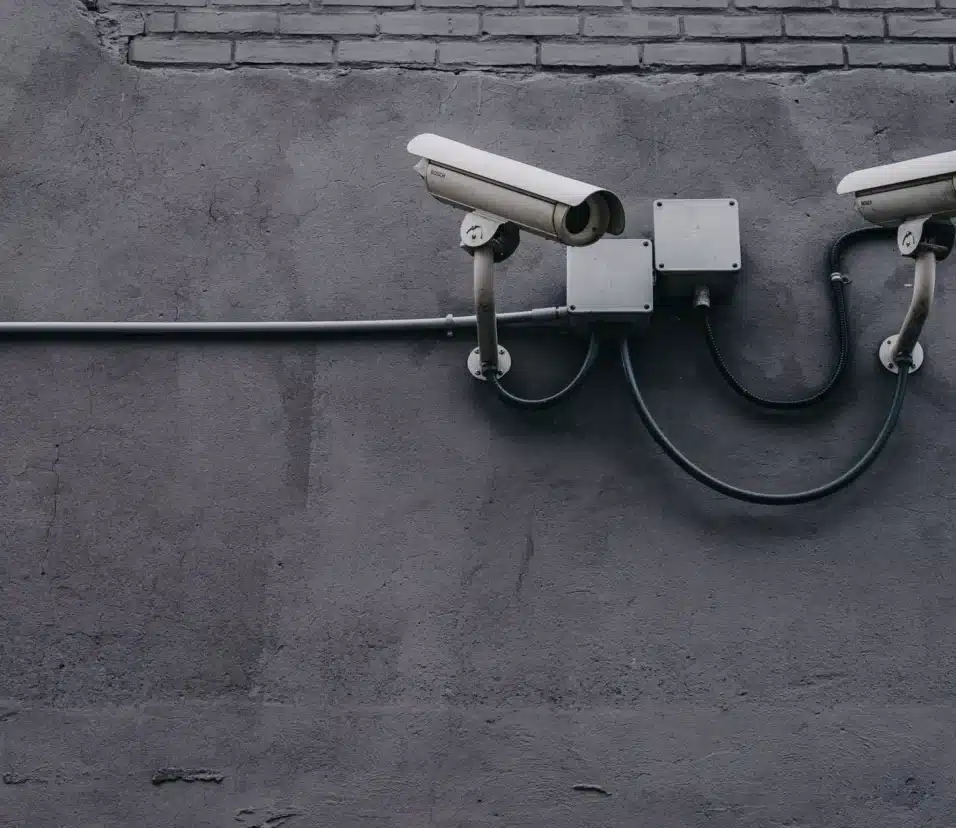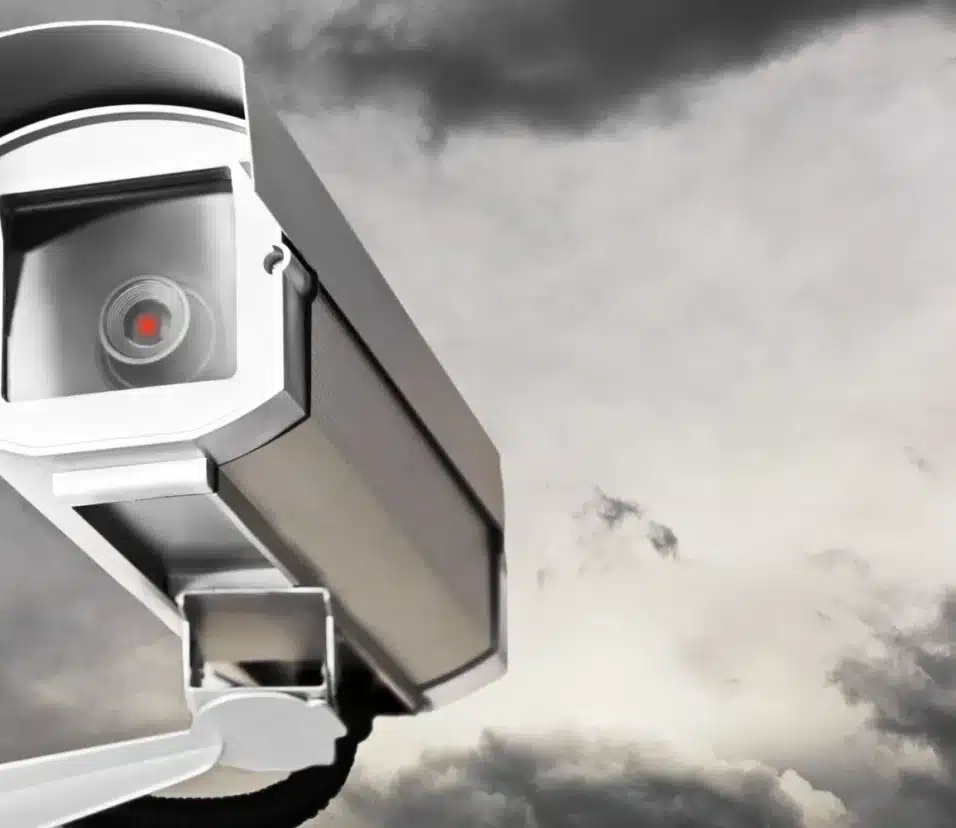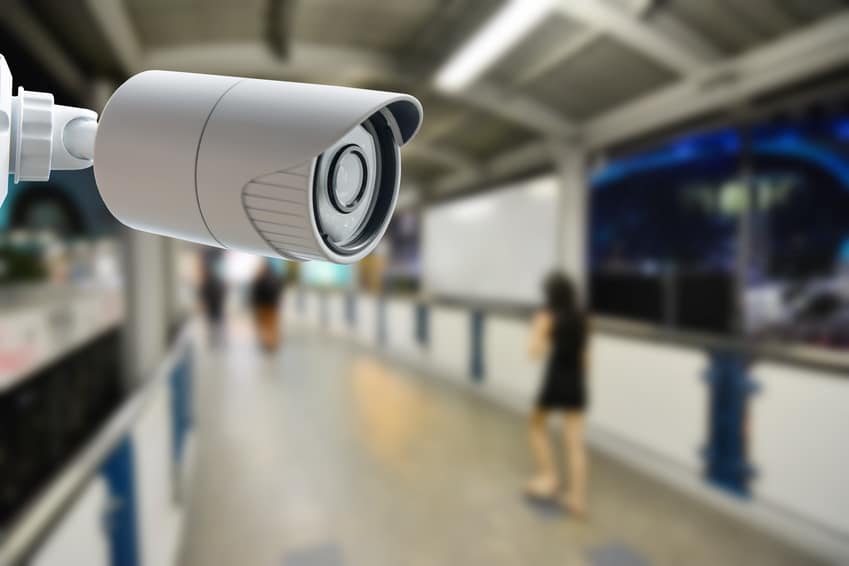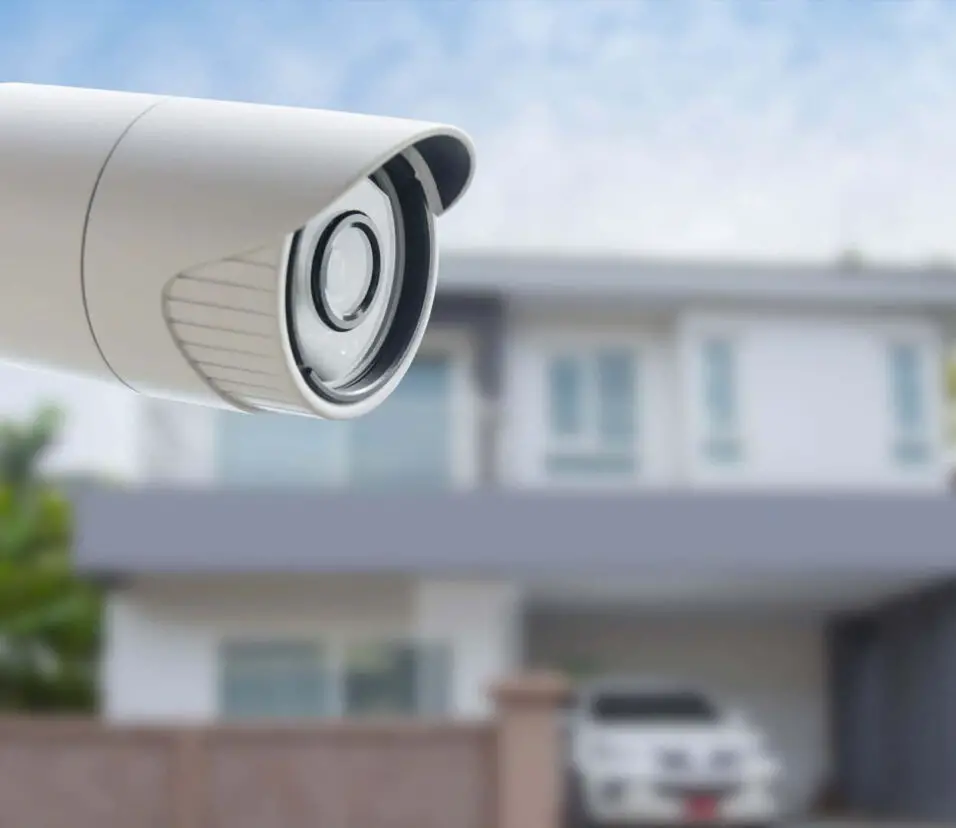Do Surveillance Cameras Have Audio
Introduction
Do Surveillance Cameras Have Audio: In an era dominated by rapidly advancing technology, the omnipresence of surveillance cameras has become an intrinsic part of our daily lives. These unblinking sentinels, stationed in streets, stores, offices, and even our homes, serve as vigilant guardians, capturing visual evidence of events as they unfold. However, the evolution of these devices goes beyond just visual observation; it extends to the realm of audio monitoring. The question of whether surveillance cameras should or do have audio capabilities has sparked debates that touch upon privacy, security, ethics, and legality.
The integration of audio into surveillance cameras has ignited concerns pertaining to privacy and ethical boundaries. The ability to capture conversations and ambient sounds raises questions about the extent to which individuals can be inadvertently recorded without their consent. Balancing the potential benefits of audio-enabled cameras with the fundamental right to privacy has led to legal deliberations and regulatory frameworks that seek to navigate this intricate terrain.
This article looks at surveillance cameras that can record sound. It talks about the technology behind them, their pros and cons, the legal and moral issues, and what the future holds for these devices in a society that is torn between surveillance and individual rights. As we start this path, we have to find the perfect balance between the benefits of better observation and the need to protect people’s privacy.
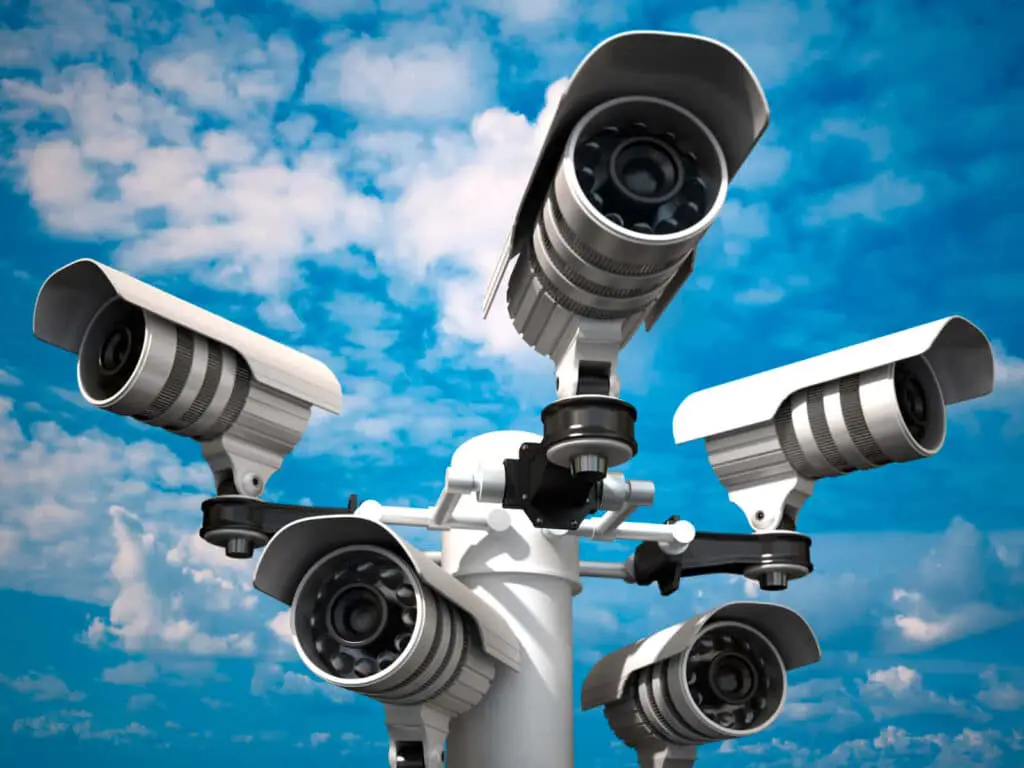
Do all surveillance cameras record sound?
While it’s safe to assume that most home security cameras also record audio, it’s not always the case.
No, not all surveillance cameras are equipped to record sound. While many modern surveillance cameras do come with audio recording capabilities, it’s not a universal feature across all devices. The decision to include audio recording functionality in a surveillance camera depends on various factors, including the intended use, legal considerations, cost, and user preferences.
Audio recording can enhance the comprehensiveness of surveillance data, providing valuable context to visual footage. However, its implementation is accompanied by ethical and legal concerns related to privacy. As a result, some jurisdictions may have specific regulations that restrict or govern the use of audio recording in surveillance.
Certain surveillance cameras are intentionally designed without audio capabilities to alleviate privacy concerns and adhere to legal requirements. These cameras focus solely on capturing visual information, which can still be immensely valuable for security and monitoring purposes.
Whether a surveillance camera records sound depends on the specific model and its intended purpose. Individuals and organizations seeking surveillance solutions should carefully evaluate their requirements, legal obligations, and ethical considerations when deciding whether to incorporate audio recording into their surveillance systems.
Do surveillance cameras always record?
While some cameras record 24/7, others may only record at scheduled times. Surveillance cameras do not always record continuously. The recording behavior of surveillance cameras varies based on their configuration, purpose, and the technology they employ.
Continuous recording involves cameras capturing video footage 24/7, often storing it on local devices or in the cloud. However, this method can consume significant storage space and may not always be practical for long-term use.
To address storage concerns, many cameras use motion detection technology. Scheduled recording allows cameras to operate according to predetermined timeframes. This method can strike a balance between continuous recording and motion detection, capturing footage during specific hours or periods of higher activity.
It’s important to note that while surveillance cameras can be powerful tools for security and monitoring, their recording behavior should align with the intended purpose and legal requirements. Users should carefully configure their cameras to strike the right balance between capturing relevant events and conserving storage resources.
Do surveillance cameras usually have audio?
Can you hear on security cameras? Users can hear what the security camera picks up if it has a microphone. IP security cameras commonly have microphones. Traditional CCTV, which uses coaxial cables to transmit data, doesn’t usually have audio, because the cables can’t natively transmit audio.
Surveillance cameras do not usually come with audio recording capabilities as a standard feature. While some modern surveillance cameras do incorporate audio functionality, it is not a ubiquitous inclusion across all camera models.
Audio recording can provide a more comprehensive understanding of recorded events by capturing sound along with visual information. However, its integration raises significant privacy and legal concerns. These cameras focus solely on capturing visual data, which can still be valuable for security and monitoring purposes while mitigating potential privacy infringements.
Ultimately, the presence of audio recording in surveillance cameras is a nuanced decision influenced by technical, ethical, and legal factors. Individuals and organizations seeking surveillance solutions should carefully evaluate their specific needs and obligations when considering whether to incorporate audio capabilities into their camera systems.
Can work cameras record with sound?
Audio surveillance at work is legal if recorded parties are aware of it and consent to it. However, the inclusion of audio recording raises significant privacy and legal concerns. Organizations must navigate these legal boundaries and ensure that their audio recording practices comply with applicable laws.
Workplaces must also consider their employees’ privacy rights and expectations. Transparent communication about the presence of audio recording is essential to maintaining a respectful and ethical work environment.
Do all surveillance cameras record sound?
No, not all surveillance cameras are equipped to record sound. While many modern surveillance cameras do come with audio recording capabilities, it’s not a universal feature across all devices. The decision to include audio recording functionality in a surveillance camera depends on various factors, including the intended use, legal considerations, cost, and user preferences.
Audio recording can enhance the comprehensiveness of surveillance data, providing valuable context to visual footage. However, its implementation is accompanied by ethical and legal concerns related to privacy. As a result, some jurisdictions may have specific regulations that restrict or govern the use of audio recording in surveillance.
Certain surveillance cameras are intentionally designed without audio capabilities to alleviate privacy concerns and adhere to legal requirements. These cameras focus solely on capturing visual information, which can still be immensely valuable for security and monitoring purposes.
Whether a surveillance camera records sound depends on the specific model and its intended purpose. Individuals and organizations seeking surveillance solutions should carefully evaluate their requirements, legal obligations, and ethical considerations when deciding whether to incorporate audio recording into their surveillance systems.
Do surveillance cameras always record?
Surveillance cameras do not always record continuously. The recording behavior of surveillance cameras varies based on their configuration, purpose, and the technology they employ.
Continuous recording involves cameras capturing video footage 24/7, often storing it on local devices or in the cloud. However, this method can consume significant storage space and may not always be practical for long-term use.
To address storage concerns, many cameras use motion detection technology. These cameras activate recording only when motion is detected within their field of view. This approach conserves storage space and makes it easier to locate relevant footage, but it can potentially miss capturing certain events if motion is not detected.
Scheduled recording allows cameras to operate according to predetermined timeframes. This method can strike a balance between continuous recording and motion detection, capturing footage during specific hours or periods of higher activity.
It’s important to note that while surveillance cameras can be powerful tools for security and monitoring, their recording behavior should align with the intended purpose and legal requirements. Users should carefully configure their cameras to strike the right balance between capturing relevant events and conserving storage resources.
Do surveillance cameras usually have audio?
Surveillance cameras do not usually come with audio recording capabilities as a standard feature. While some modern surveillance cameras do incorporate audio functionality, it is not a ubiquitous inclusion across all camera models. The decision to include audio capabilities depends on factors such as the camera’s intended use, legal considerations, user preferences, and cost implications.
Audio recording can provide a more comprehensive understanding of recorded events by capturing sound along with visual information. However, its integration raises significant privacy and legal concerns. Regulations regarding audio surveillance vary by jurisdiction, and in some cases, explicit consent from individuals being recorded is required.
Can work cameras record with sound?
However, the inclusion of audio recording raises significant privacy and legal concerns. In many jurisdictions, recording audio without proper consent from individuals being recorded is subject to strict regulations. Organizations must navigate these legal boundaries and ensure that their audio recording practices comply with applicable laws.
Workplaces must also consider their employees’ privacy rights and expectations. Transparent communication about the presence of audio recording is essential to maintaining a respectful and ethical work environment.
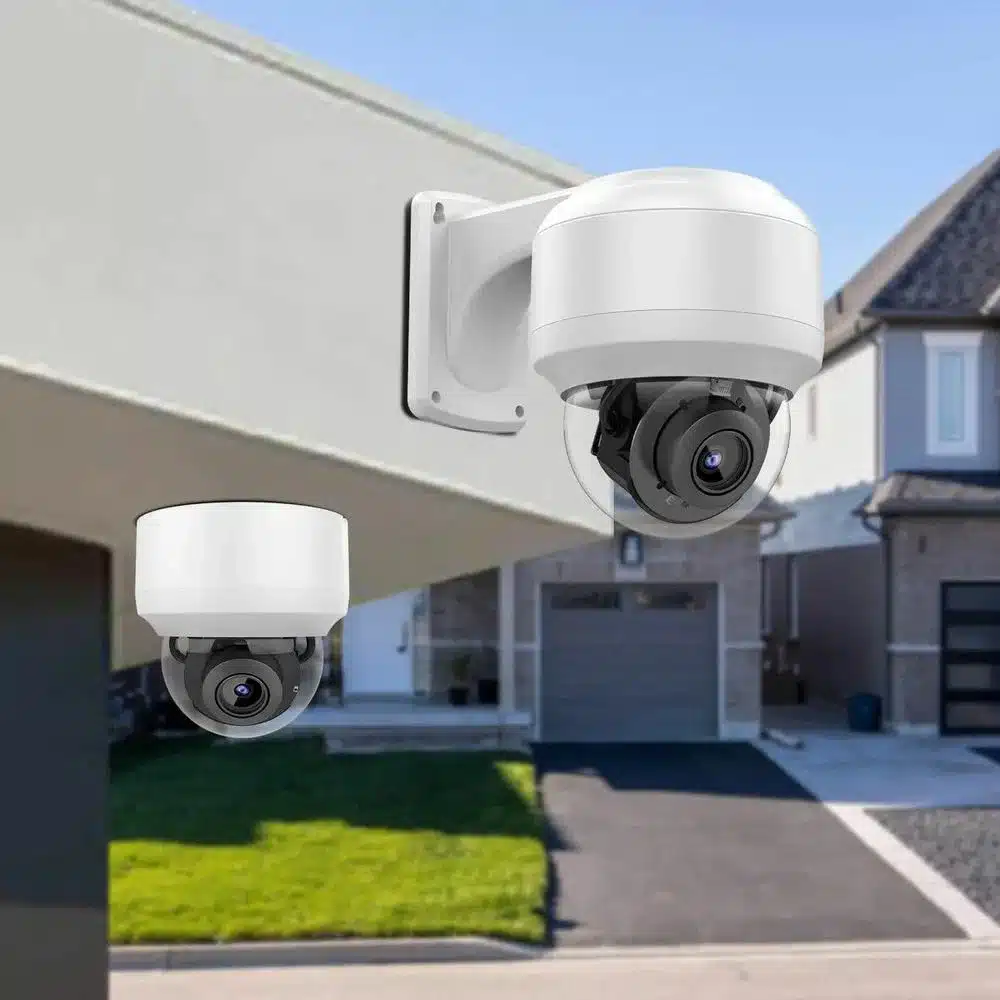
Conclusion
In the realm of surveillance, the convergence of visual and auditory data has brought us to a juncture where the benefits of enhanced information come hand in hand with complex ethical considerations. The evolution of surveillance cameras to include audio capabilities underscores the ever-expanding potential of technology to reshape our understanding of events and security. The auditory dimension can provide valuable context, potentially leading to more informed decisions and outcomes in various scenarios.
Yet, as we navigate this landscape, we cannot disregard the fundamental principles of privacy and consent. The inclusion of audio recording raises genuine concerns about the inadvertent intrusion into individuals’ personal lives and private conversations. Striking the right balance between the advantages of comprehensive surveillance and the respect for individual rights is paramount. Legislation and regulations play a crucial role in defining the boundaries within which audio-enabled surveillance should operate.
As we contemplate the trajectory of these devices, it is clear that the evolution of security cameras with audio is not solely a technical advancement; it’s a reflection of our societal values and the ongoing negotiation between security and privacy. The journey ahead involves a collective effort to harness the benefits while safeguarding the ethical and legal principles that underpin a just and respectful society. Only through mindful and balanced considerations can we fully realize the potential of these technologies without compromising the rights and dignity of individuals.



